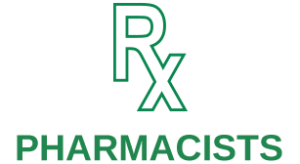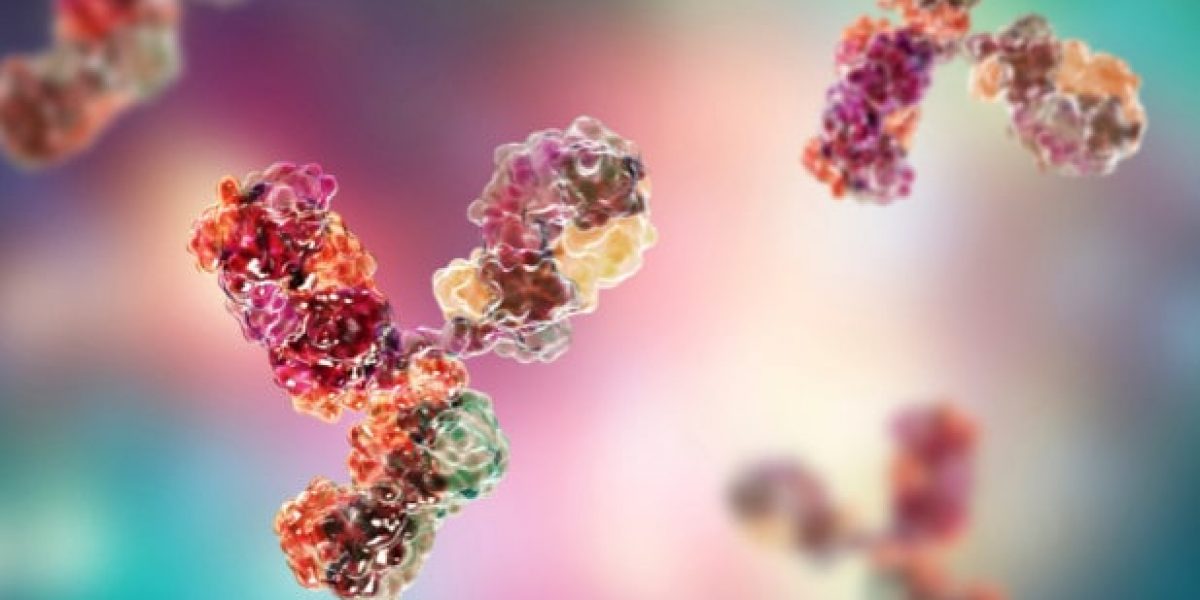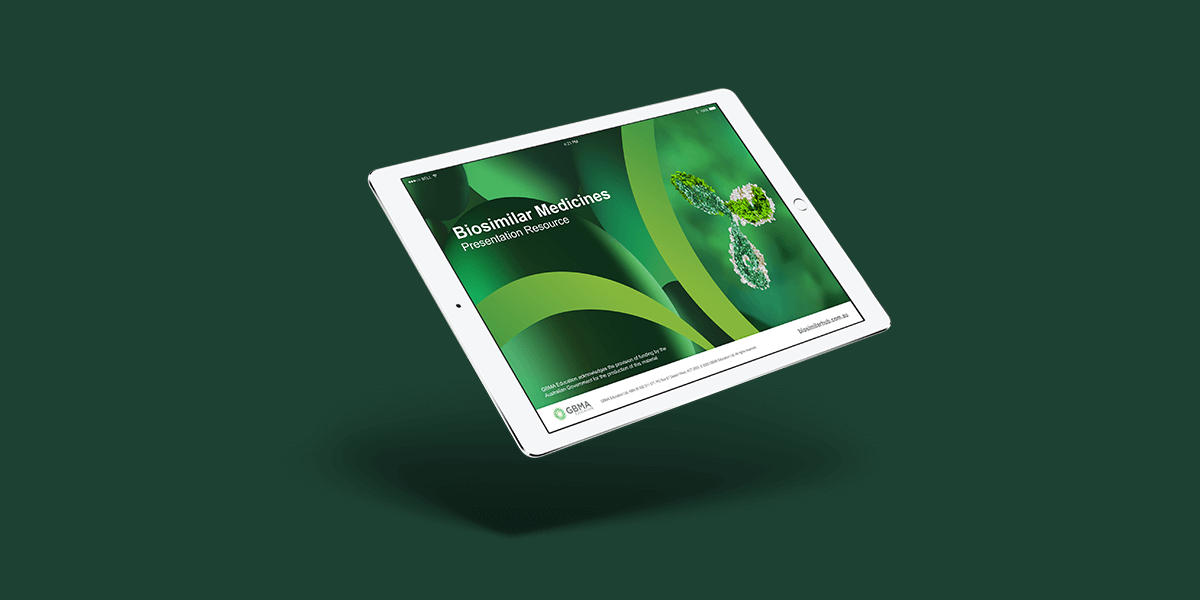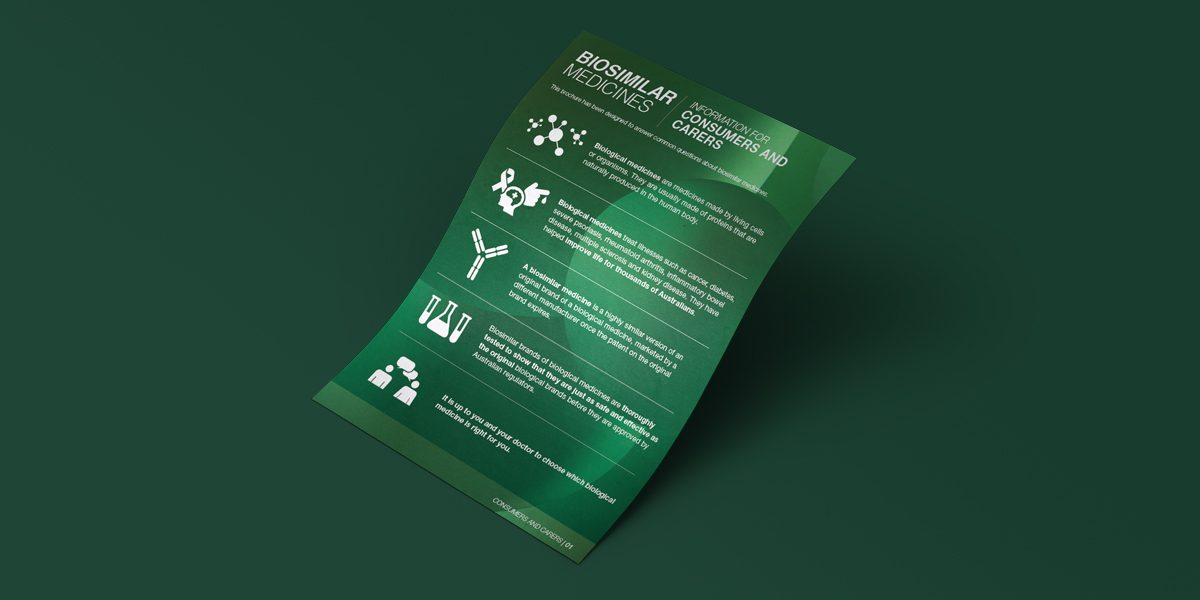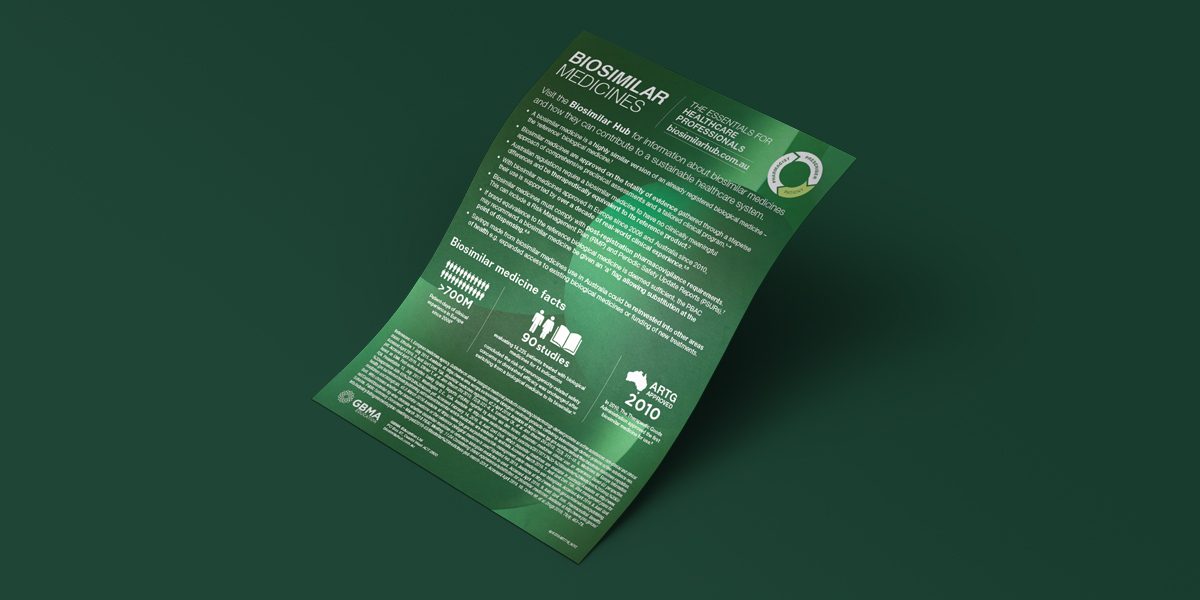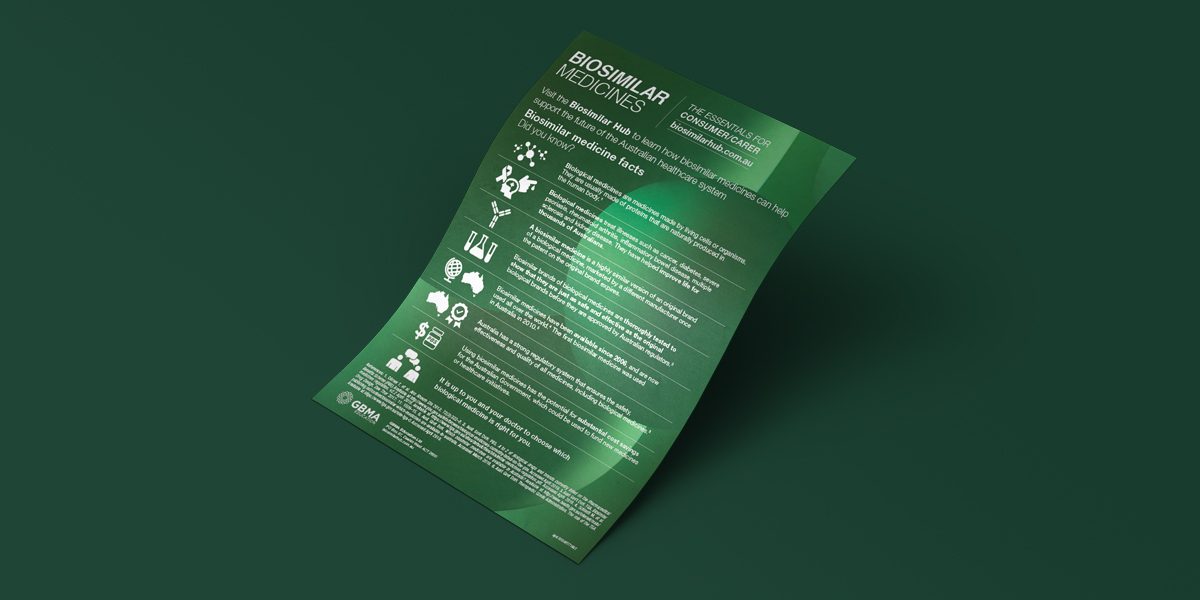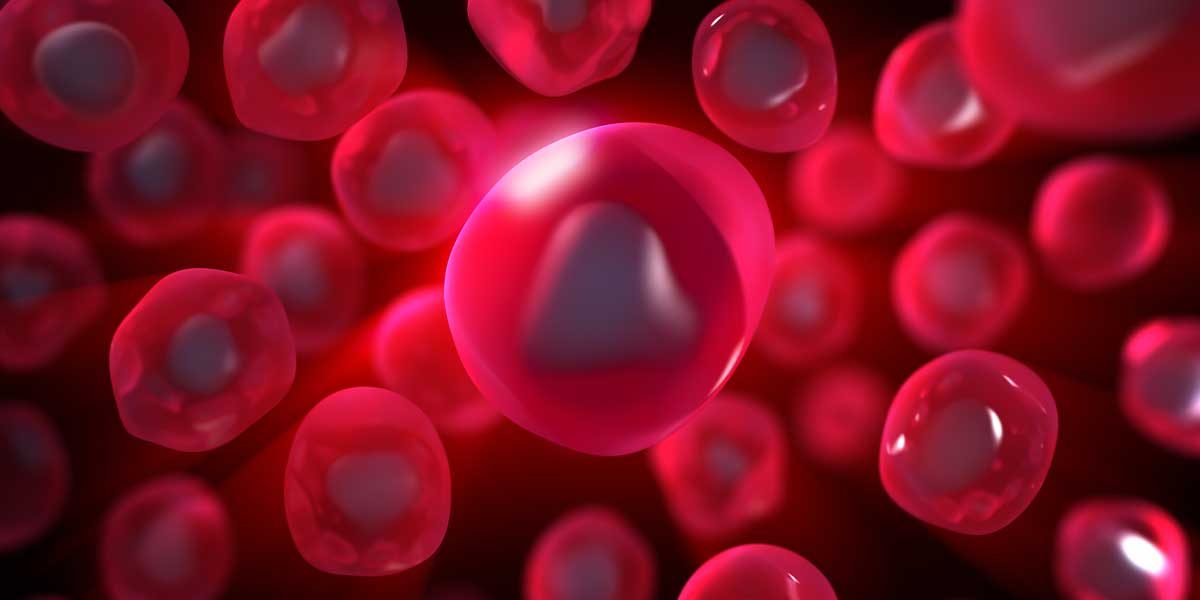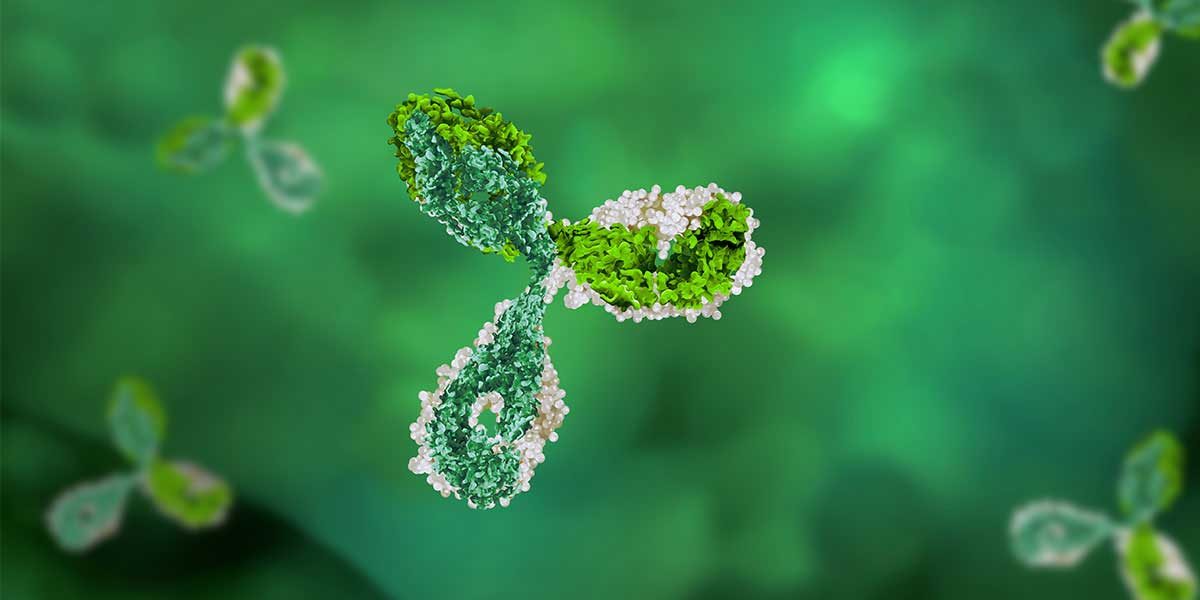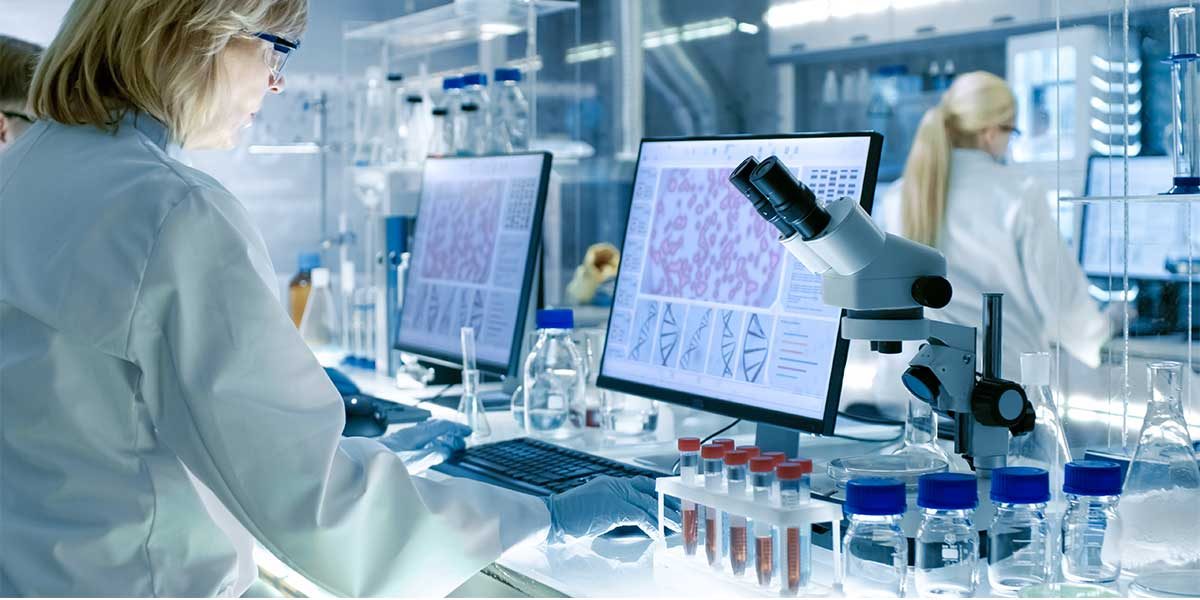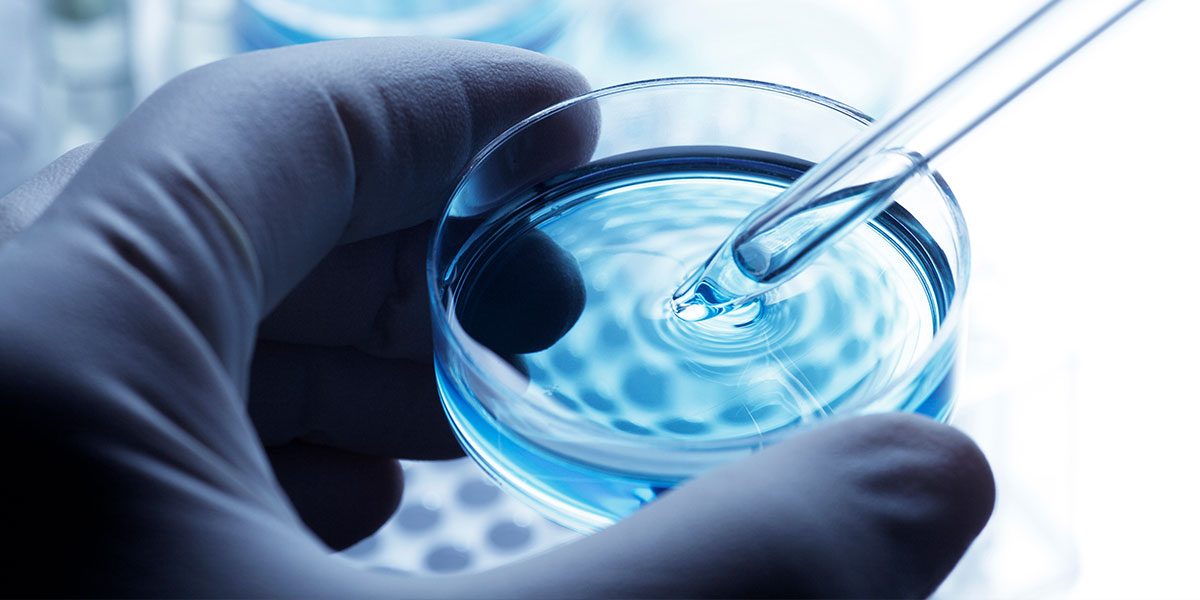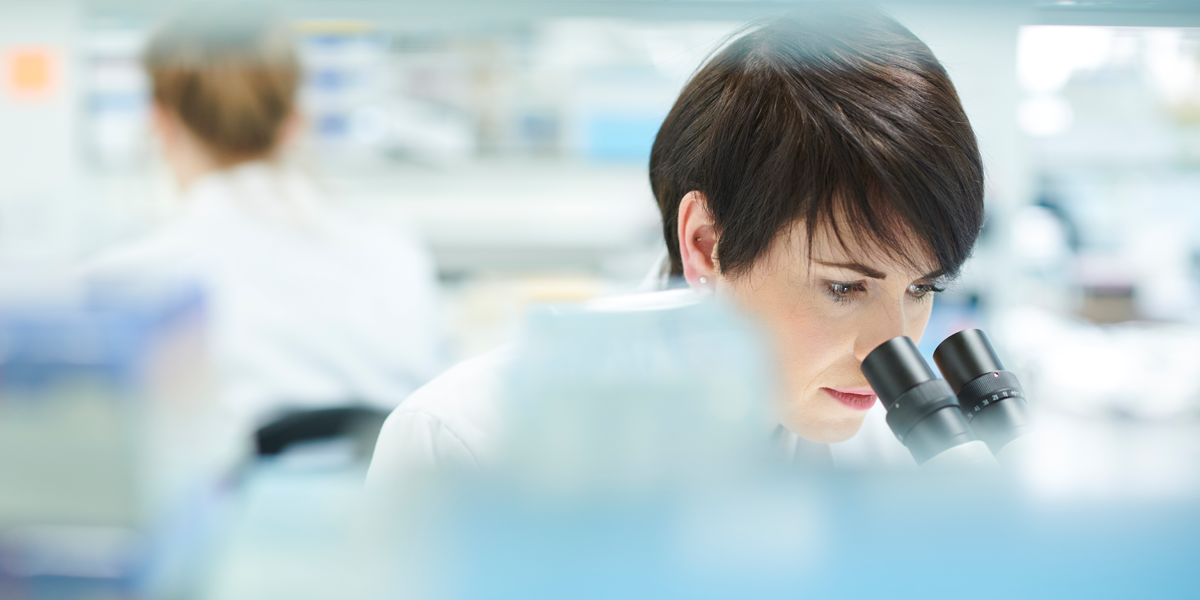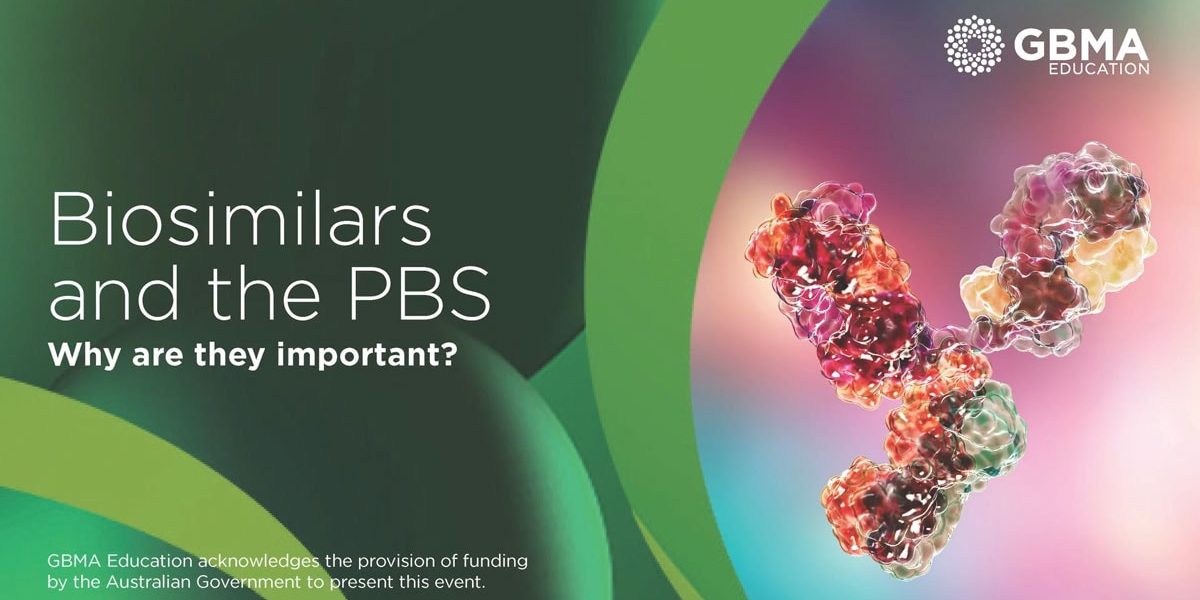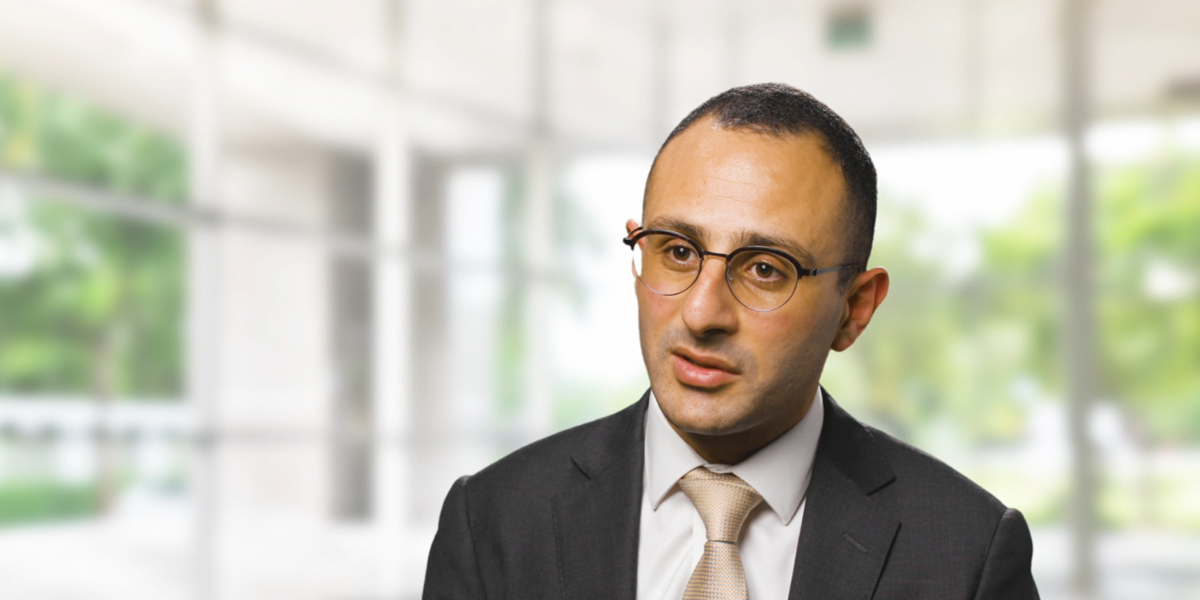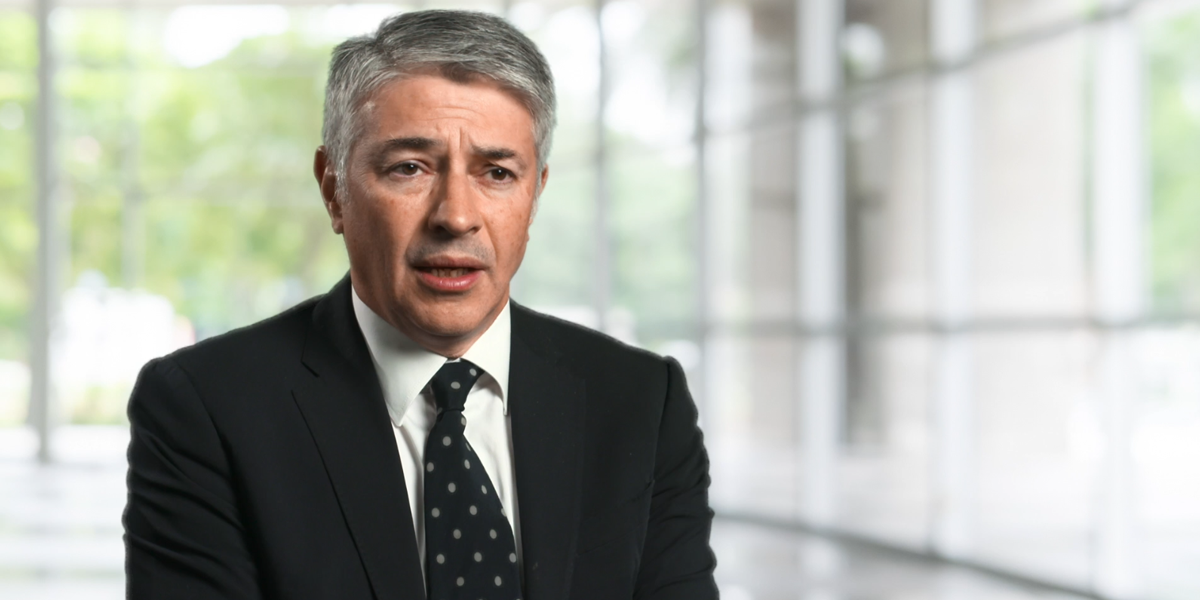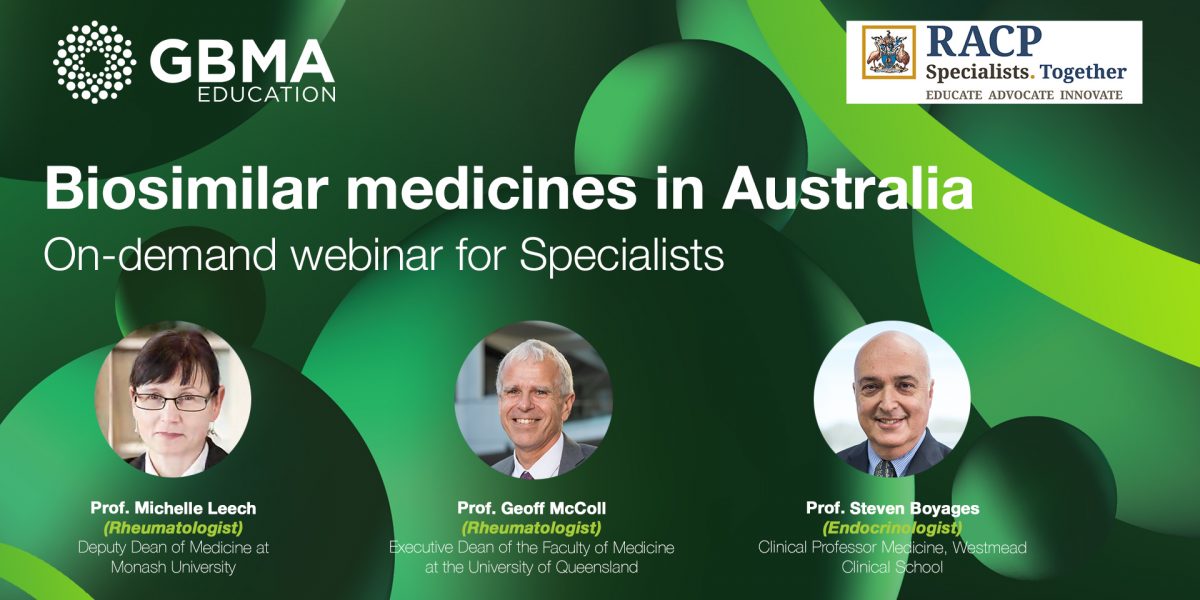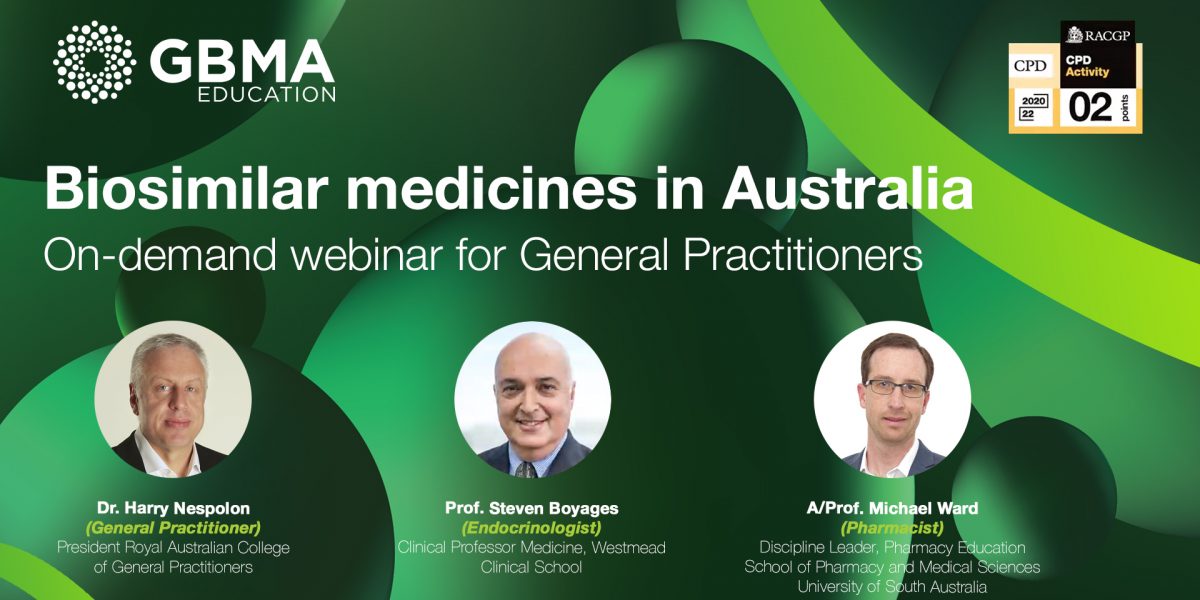Given the many demands on your time, the following resources have been developed utilising a flexible online format and are designed to facilitate peer-to-peer information exchange about biosimilar medicines – covering a range of speciality areas.
Also available are the following resources for download and print.
- Prescriber Factsheet
- Healthcare Professional Essentials
To ensure that available materials meet your and your patients’ needs, we invite you to submit your feedback via our dedicated ‘have your say’ area on the biosimilar hub.
Resources
Subsidised on the PBS
A list of all biosimilar brands of biological medicines that are subsidised on the Pharmaceutical Benefits Scheme (PBS) in Australia.
Help us raise awareness about biosimilar medicines
Click here to view key facts about biosimilar medicines that you can post to your social channels
Your Patients, Your Government Multidisciplinary Forum and Workshop
As a follow-up to the ‘Your Patients, Your Government’ multidisciplinary forum and workshop, a summary report has been developed…
Supporting material for education about biosimilar medicines
Comprehensive presentation slide deck for healthcare professionals.
Information on biosimilar medicines
This 6 page factsheet provides prescribers with information on biosimilar medicines.
Information on biosimilar medicines
This factsheet provides consumers and carers with information on biosimilar medicines.
Essential information on biosimilar medicines
This document provides healthcare professionals with the essentials on biosimilar medicines.
Essential information on biosimilar medicines
This document provides consumers and carers with the essentials on biosimilar medicines.
Essential information on biosimilar medicines
This DL sized brochure has been designed to wrap around other leaflets, brochures or folders.
ESSENTIAL INFORMATION ON BIOSIMILAR MEDICINES
This DL sized brochure has been designed to wrap around other A4 leaflets, brochures or folders.
Supporting documentation to inform patients of a switch to a biosimilar medicine
A letter template that you may wish to use to inform patients of a brand change.
Previous
Next
Information on biosimilar medicines
a highly similar version of an already registered biological medicine
Biological medicines are pharmaceutical products that contain one or more active substances that are derived from living cells or organisms.
Demonstrating high similarity is the foundation of development
As biosimilar medicines are designed and engineered using the latest technology to resemble their reference product as closely as possible,
BIOLOGICAL MEDICINES ARE MEDICINES THAT ARE MADE BY LIVING CELLS OR ORGANISMS
Biological medicines are medicines that are made by living cells or organisms. They are usually made of large proteins that are naturally produced in the human body.
Biosimilar medicines are used to treat the same diseases in the same way
A biosimilar medicine is a highly similar version of an original brand of a biological medicine, brought to market by a different manufacturer once the patent on the original brand expires.
The aim of the clinical program is to confirm therapeutic equivalence
Biosimilar medicines are required to undergo a tailored clinical program. This is normally a stepwise process, beginning with pharmacokinetic/ pharmacodynamic (PK/PD) studies.
The TGA approved its first biosimilar medicine in 2010
More than a decade of international real-world experience and associated post-marketing data has found no difference in the safety or health outcomes of patients.
Australia has a strong regulatory system for all medicines
Australia has a strong regulatory system that ensures the safety, effectiveness and quality of all medicines, including biological medicines.
Previous
Next
Videos
Dr Michael Coory, Department of Health
Listen to Dr Michael Coory, Department of Health, as he discusses how price disclosure works for biosimilar medicines and how this contributes to the sustainability of the Australian healthcare system
Rheumatologist
Prof Bird has over twenty years’ experience in treating rheumatic disease, with particular expertise in rheumatoid arthritis, psoriatic arthritis and ankylosing spondylitis.
Oncologist
Prof Clarke is a medical oncologist, pharmacologist and translational researcher with major clinical and research interests in gastrointestinal and thoracic cancers.
Gastroenterologist
Dr Ghaly is Head of the Inflammatory Bowel Disease Service and Staff Specialist at St. Vincent’s Hospital, Sydney. He is also a lecturer at the School of Medicine, UNSW Sydney.
Rheumatologist
A/Prof Östör MD, MA, MB BS, FRACP, FRCP, FRCP (Edin), is a Consultant Rheumatologist at Cabrini Medical Centre and Principle Investigator at Emeritus Research, Melbourne.
Dermatologist
Prof Sinclair is Professor of Dermatology at the University of Melbourne and Director of Epworth Dermatology. He is past-president of the Australasian Society for Dermatology Research.
Haematologist
Prof Szer has particular expertise in malignant haematology and haemopoietic stem cell transplantation, which he established as a form of therapy in Victoria in the early 1980s.
Gastroenterologist
Dr Thin is a consultant gastroenterologist at Fiona Stanley Hospital, a position she has held for 8 years. Dr Thin is the lead clinical trials investigator for the IBD unit.
Oncologist
Prof Zalcberg is Head of the Cancer Research Program in the School of Public Health and Preventive Medicine at Monash University.
Previous
Next
Courses
Previous
Next



